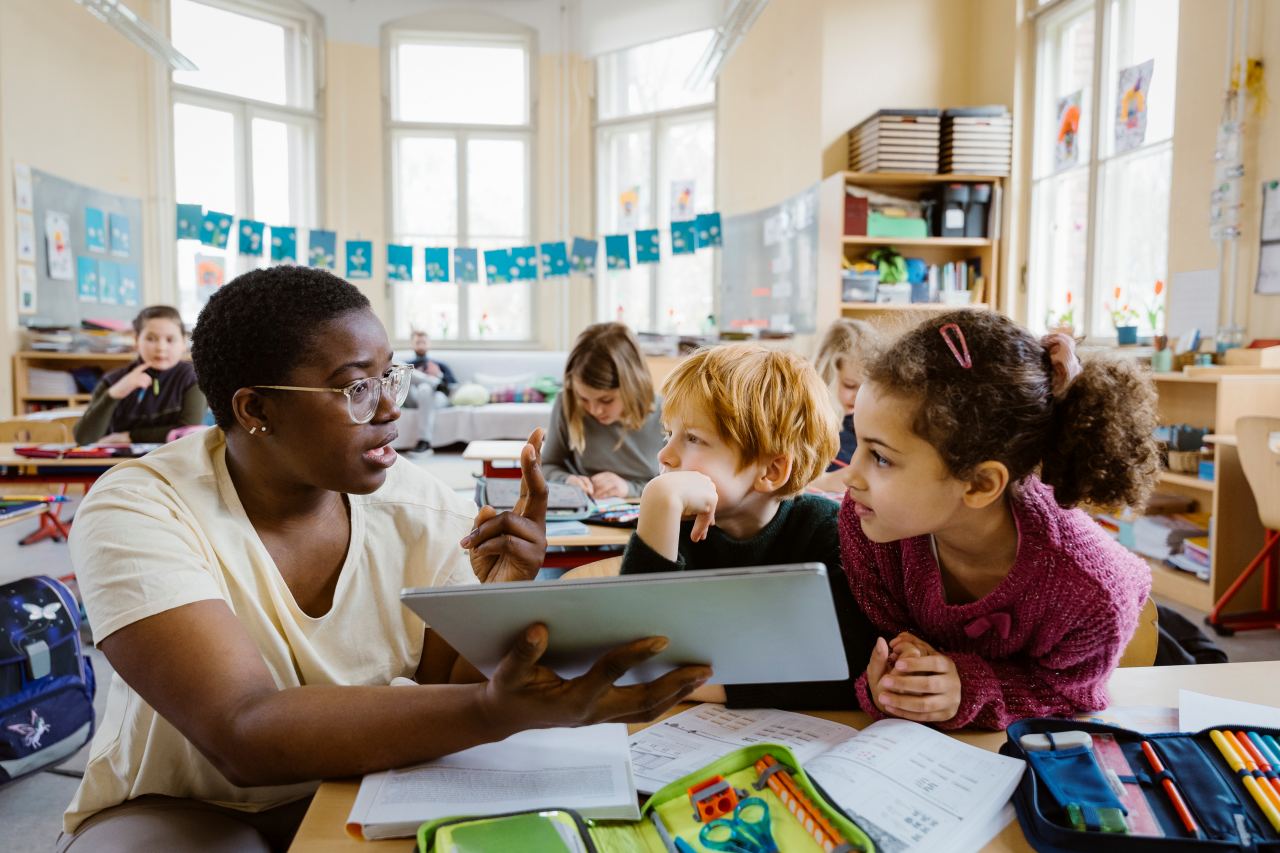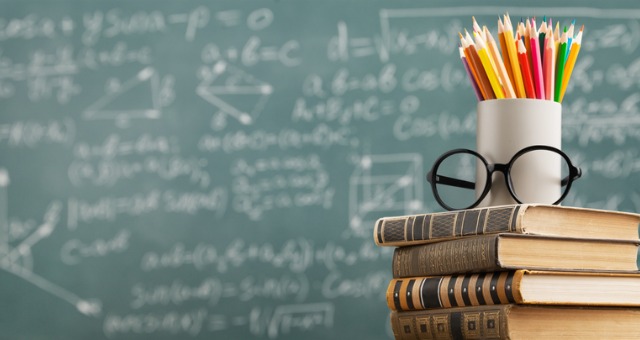Exploring the Various Teaching Approaches in Key Science Education And Learning Today
Inquiry-based knowing, hands-on experiments, and the assimilation of innovation are redefining exactly how educators involve young minds. Additionally, collaborative strategies and differentiated guideline are being used to provide to the diverse requirements of students, enhancing both engagement and understanding.
Inquiry-Based Understanding
Inquiry-Based Discovering (IBL) is a pedagogical method that urges trainees to discover clinical principles via wondering about, examination, and hands-on experimentation. This method emphasizes the duty of pupils as energetic participants in their understanding, promoting essential thinking and problem-solving abilities. By involving with real-world questions, students come to be curious and motivated, which enhances their understanding of scientific concepts.
In IBL, teachers act as facilitators, leading pupils as they navigate their queries instead of delivering details directly. This student-centered technique enables differentiation, fitting various learning designs and paces. Trainees create abilities in creating hypotheses, designing experiments, and examining data, which are critical for scientific proficiency.
Additionally, IBL cultivates partnership among pupils, encouraging them to share concepts and findings. This cumulative inquiry promotes social skills and a sense of neighborhood within the classroom. The procedure of inquiry encourages durability, as trainees discover to accept failing as a stepping stone toward understanding.
Hands-On Experiments
Hands-on experiments are a crucial element of effective scientific research education and learning, complementing the principles of inquiry-based discovering. These experiments permit trainees to involve directly with scientific ideas, fostering a much deeper understanding through experiential understanding. By controling products and observing results, young students can comprehend abstract theories in concrete ways.
Such tasks promote essential thinking and analytic skills, as pupils hypothesize results, conduct experiments, and analyze outcomes. This procedure motivates them to ask inquiries, refine their understanding, and create a scientific mindset. In addition, hands-on experiments can be tailored to varied learning styles, guaranteeing that all pupils have the chance to involve meaningfully with the material.
Additionally, hands-on experiments often motivate cooperation amongst peers, promoting team effort and interaction skills. Working in groups allows pupils to share concepts, discuss findings, and pick up from one an additional, which improves their total academic experience.
Including hands-on experiments right into the key scientific research educational program not just improves the finding out setting yet additionally grows a long-lasting passion in scientific research. By proactively getting involved in their education and learning, pupils are most likely to create a passion for clinical questions that expands past the classroom.

Innovation Combination
Incorporating modern technology right into main scientific research education and learning has ended up being significantly crucial in fostering student engagement and enhancing finding out end results. Using electronic devices, such as interactive simulations, digital laboratories, and instructional software, offers trainees with chances to check out clinical ideas in cutting-edge means. These sources facilitate a deeper understanding of intricate subjects by allowing learners to picture and control variables that would be not practical in a typical class setting.
Moreover, technology integration motivates individualized discovering experiences. Students can progress at their very own pace, revisiting difficult concepts via multimedia resources, which provide to different learning designs. This adaptability not just supports private growth however also grows a feeling of freedom in students.
Furthermore, technology works as a bridge to real-world science, attaching trainees with current research study and expert payments. Access to on-line databases and clinical journals broadens pupils' point of views on scientific inquiry and promotes important thinking abilities.
Collaborative Understanding
Collective understanding plays an essential role in primary scientific research find this education and learning by cultivating team effort and interaction skills among trainees. This approach encourages learners to interact, share understanding, and involve in problem-solving, which improves their understanding of scientific ideas. By taking part in group activities, students discover to verbalize their ideas, pay attention to diverse viewpoints, and negotiate remedies, all of which are crucial abilities in both academic and real-world contexts.

Research study indicates that collective knowing can bring about enhanced inspiration and interaction in scientific research subjects, as trainees find enjoyment in shared experiences (primary science tuition Singapore). Additionally, this technique prepares students for future collective endeavors, equipping them with the abilities necessary for efficient synergy in higher education and expert settings. Ultimately, accepting joint knowing in key scientific research education can substantially improve the learning experience and promote a much deeper understanding of clinical inquiry
Separated Guideline

Distinguished guideline can show up in numerous means, such as differing the web content, procedures, or items of understanding. Teachers may make use of tiered jobs that supply varying levels of intricacy, permitting trainees to work at their respective readiness degrees. Additionally, flexible organizing methods can assist in partnership among pupils with various capabilities, promoting peer discovering.
Evaluation plays an important function in this method, as it informs guideline and aids teachers comprehend each student's unique demands. Developmental click to read evaluations, such as tests and observations, can guide educators in changing their strategies to boost learning end results. primary science tuition Singapore. Eventually, by executing distinguished instruction in main science education, educators can cultivate an extra fair and you can find out more efficient learning atmosphere, empowering all trainees to reach their full possibility in comprehending clinical sensations
Final Thought
In summary, the varied mentor techniques in main scientific research education, including inquiry-based discovering, hands-on experiments, technology combination, collective understanding, and differentiated direction, jointly add to a more reliable discovering setting. These approaches promote essential thinking, problem-solving skills, and a deeper comprehension of scientific concepts. By executing these methods, teachers can develop interesting and supportive classrooms that deal with the different requirements of trainees, eventually promoting a lifelong interest in science and enhancing academic achievement.
Inquiry-Based Learning (IBL) is a pedagogical approach that encourages students to explore scientific principles via questioning, examination, and hands-on trial and error.Joint discovering plays a crucial duty in key science education by cultivating team effort and communication abilities amongst trainees.Research shows that joint understanding can lead to boosted motivation and involvement in scientific research topics, as pupils discover pleasure in shared experiences.In cultivating an inclusive knowing environment, differentiated instruction arises as a vital method to fit the varied requirements and abilities of students in main scientific research education and learning. Ultimately, by applying separated direction in primary science education and learning, educators can grow a much more fair and effective discovering setting, empowering all trainees to reach their complete potential in comprehending clinical phenomena.
Comments on “Accelerate Learning with Primary Science Tuition Singapore for Young Minds”